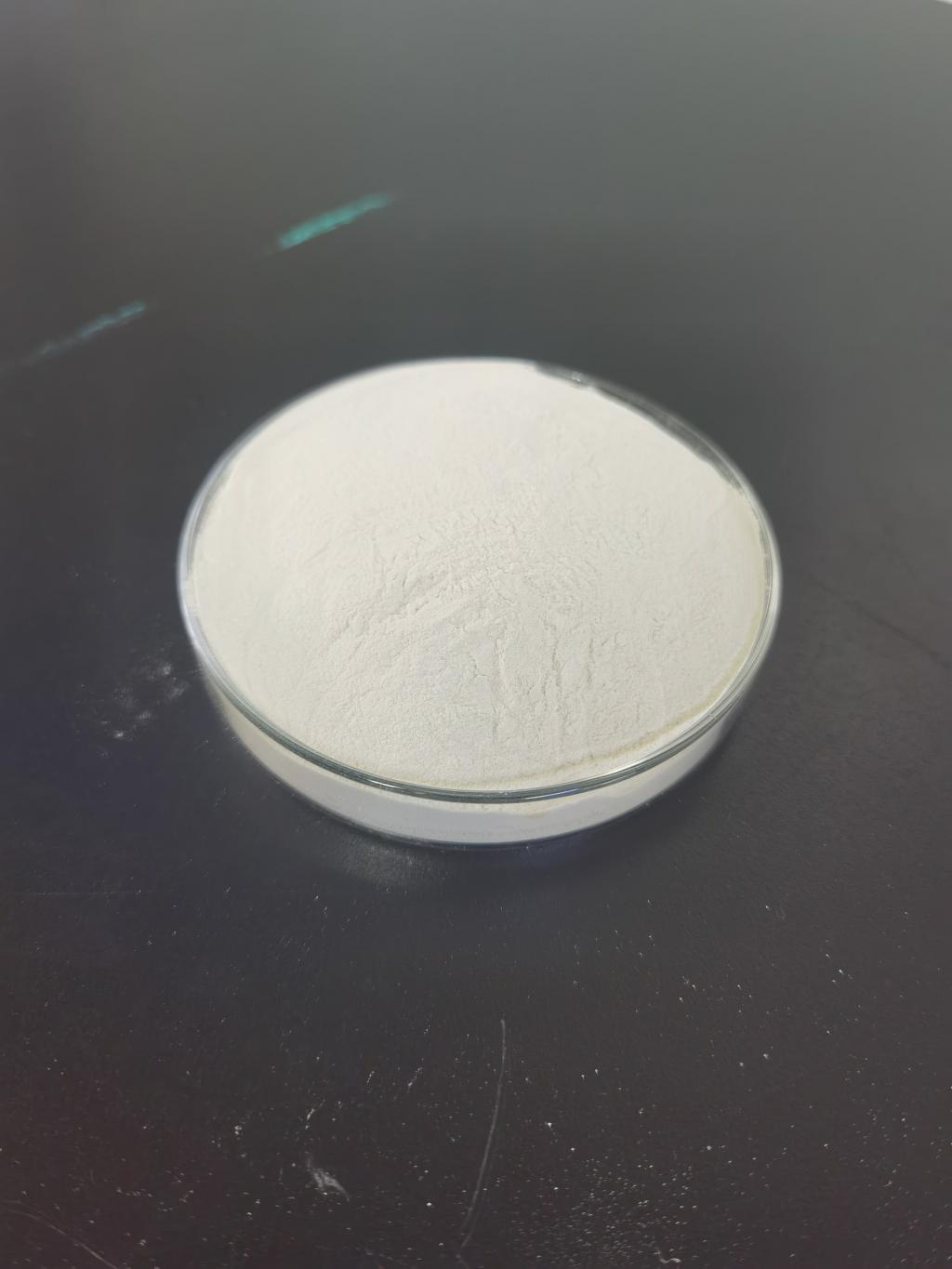Tel:+8618231198596

News
 CONTACT
CONTACT
 CONTACT
CONTACT
- Linkman:Linda Yao
- Tel: +8618231198596
- Email:linda.yao@dcpharma.cn
- Linkman:CHARLES.WANG
- Department:Overseas
- Tel: 0086 0311-85537378 0086 0311-85539701
News
Current Position:
Home >
News
>Nisin’s potential benefits for reducing foodborne pathogens in ready-to-cook.
Nisin’s potential benefits for reducing foodborne pathogens in ready-to-cook.
TIME:2024-09-06
Understanding Nisin
Nisin is a class I bacteriocin produced by the lactic acid bacterium Lactococcus lactis. It has been widely recognized for its ability to inhibit the growth of Gram-positive bacteria, including Listeria monocytogenes, Staphylococcus aureus, and certain strains of Clostridium botulinum. The mode of action of nisin involves binding to the lipid II precursor of the bacterial cell wall, leading to the formation of pores in the cell membrane and subsequent cell death. This mechanism makes nisin a powerful tool in the arsenal against foodborne pathogens.
The Challenge of RTC Meals
Ready-to-cook meals often contain a mix of raw and partially cooked ingredients that are assembled and packaged but require cooking by the consumer before eating. The inherent risk lies in the potential for bacterial growth during the period between manufacturing and consumption, especially if proper refrigeration or handling instructions are not followed. Foodborne pathogens can thrive in these conditions, posing a threat to consumer health.
Nisin as a Solution
The addition of nisin to RTC meals can serve as an additional line of defense against pathogenic bacteria. By incorporating nisin into the formulation of RTC meals, manufacturers can create a safer product that maintains its quality and flavor profile. Here are some key benefits of using nisin:
Enhanced Safety
Nisin can help reduce the microbial load of RTC meals, thereby lowering the risk of foodborne illnesses. This is particularly beneficial for vulnerable populations, such as the elderly, young children, and individuals with compromised immune systems, who are more susceptible to infections caused by foodborne pathogens.
Extended Shelf Life
In addition to its antimicrobial properties, nisin can contribute to extending the shelf life of RTC meals. This is advantageous for both manufacturers and consumers, as it allows for longer storage periods without compromising safety or quality.
Consumer Acceptance
Given the increasing demand for natural and minimally processed foods, the use of nisin aligns well with current market trends. Consumers are often more receptive to products labeled with "natural" preservatives, making nisin an attractive option for RTC meal manufacturers seeking to improve their product's appeal.
Current Research and Development
Ongoing research is focused on optimizing the application of nisin in RTC meals. This includes determining the most effective concentration levels, understanding the interactions between nisin and other food components, and developing stable formulations that maintain nisin's activity throughout the product's shelf life. Furthermore, studies are investigating the synergistic effects of combining nisin with other preservation methods, such as modified atmosphere packaging (MAP), to achieve even greater reductions in microbial risks.
Conclusion
The exploration of nisin's potential benefits for reducing foodborne pathogens in ready-to-cook meals represents a step forward in enhancing food safety. By leveraging the natural antimicrobial properties of nisin, RTC meal manufacturers can offer consumers safer, longer-lasting products that meet the growing demand for convenient and healthy meal options. As research continues to advance our understanding of nisin's efficacy in RTC applications, it is anticipated that this natural preservative will play an increasingly important role in the future of food preservation.
- Tel:+8618231198596
- Whatsapp:18231198596
- Chat With Skype







